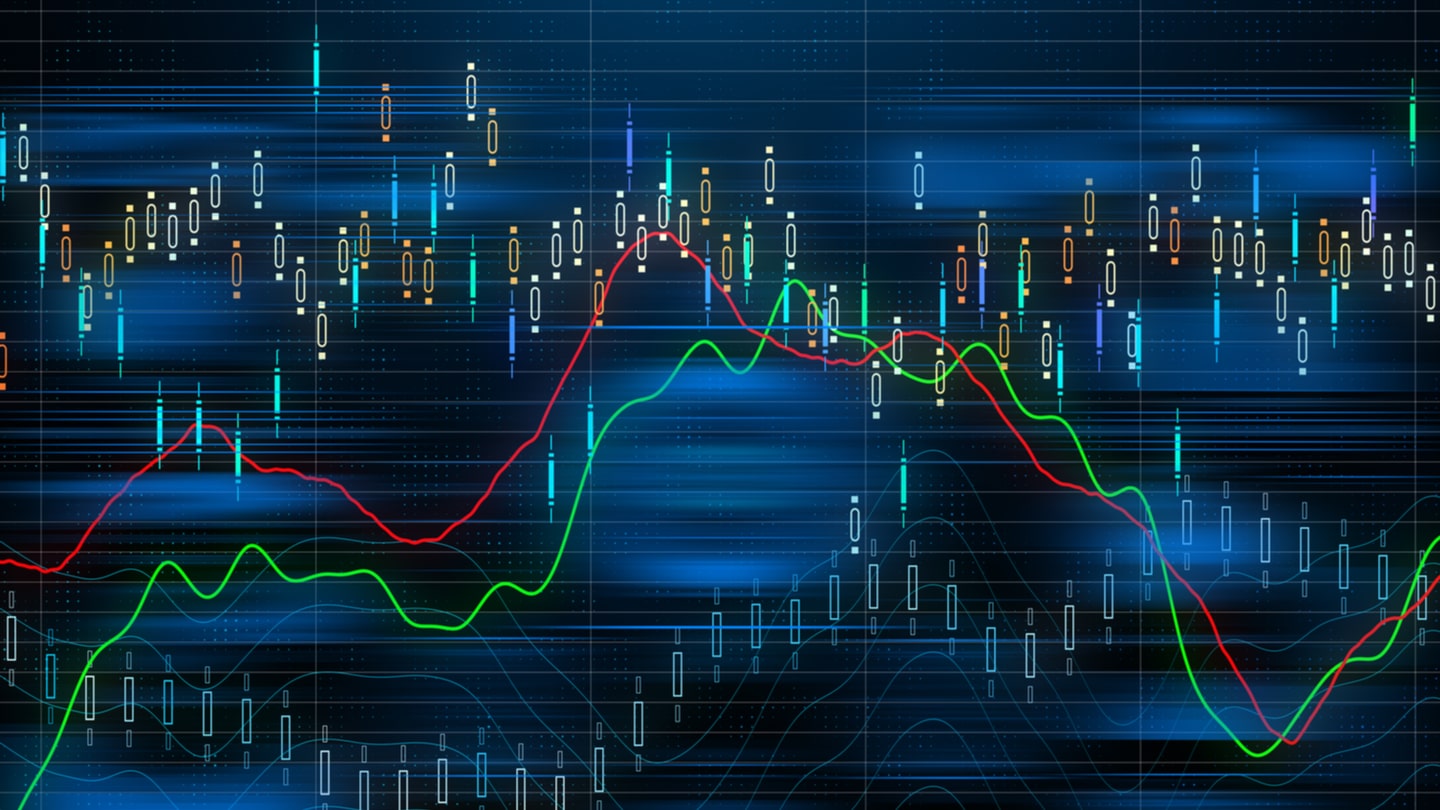In today’s fast-paced financial world proprietary trading has emerged as a lucrative career path for those who thrive on high-stakes decision-making and strategic risk-taking. While the allure of potentially unlimited profits draws many to this field, a successful career in proprietary trading requires a unique set of skills. This article will explore the essential competencies needed to excel in this dynamic environment.
Understanding the Role of a Proprietary Trader
At its core, proprietary trading involves trading stocks, bonds, currencies, commodities, or other financial instruments using a firm’s own capital. Unlike traditional traders who manage client portfolios, proprietary traders trade exclusively for the firm’s profit. This distinction means that proprietary traders must possess a keen market acumen and the ability to execute trades swiftly and decisively.
Practical experience is crucial for understanding the complexities of financial markets. Many proprietary traders start their journey by learning about various trading strategies, such as arbitrage, market making, or algorithmic trading. Each strategy requires a different approach, and gaining a broad understanding of them helps traders adapt to shifting market conditions.
Essential Analytical Skills
Analytical skills are fundamental for proprietary traders. The ability to analyze market trends and data quickly can make the difference between a profitable trade and a substantial loss. Traders must be adept at interpreting complex financial information and identifying patterns that can inform their trading decisions.
Technical analysis is a vital component of market analysis. By studying price charts and using technical indicators, traders can predict future price movements and determine optimal entry and exit points. Additionally, understanding macroeconomic factors, such as interest rates and economic reports, allows traders to anticipate market reactions and adjust their strategies accordingly.
Risk Management and Emotional Discipline
In the high-stress world of proprietary trading, risk management is paramount. Traders must develop strategies to minimize losses while maximizing gains, often utilizing techniques like stop-loss orders and position sizing to protect their capital.
Building a Career in Proprietary Trading: Skills You Need
Categories:


